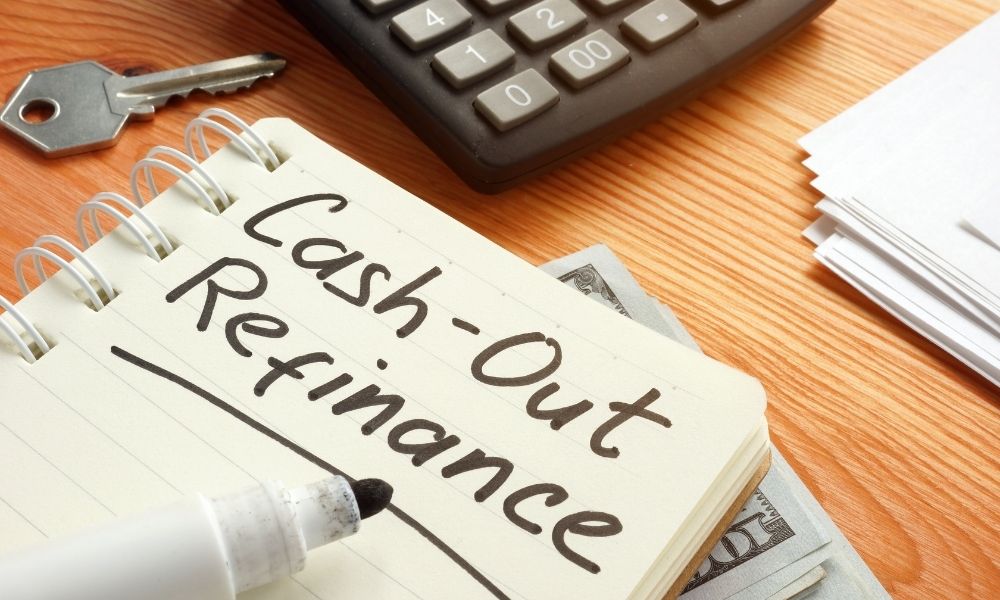
Cash-out refinancing can be an effective way to get the capital you need to fund your real estate ventures. That said, there are some basic things you should know about this loan option before you sign off on anything. Delve into the purpose of cash-out refinancing, as well as its benefits and potential drawbacks.
What Is a Cash-Out Refinance?
Like any other financing option, it’s prudent to have a solid understanding of a cash-out refinance before you discuss how one might be beneficial to you. Essentially, cash-outs are another way to borrow money against the value of your home to secure additional capital. Cash-out refinances are typically used for ventures such as home repairs, property updates, and in some instances, consolidating debt.
Further, this type of refinancing option is a popular selection for those interested in real estate investment. Usually, an investor will pay off the remainder of a property’s mortgage using new loan terms and pocket the cash difference. This new source of capital created through the cash-out can be used to either purchase new investment properties or improve those that already exist.
What Are the Benefits?
There are myriad benefits of using cash-out refinance for real estate, but tax deductibles and favorable interest rates are easily two of the best. Traditionally, a cash-out mortgage offers borrowers much more reasonable interest rates than if they were to secure a loan through a bank. Moreover, this type of refinancing also offers comparatively more desirable interest rates than other alternatives to bank loans, such as home equity loans.
Just as well, cash-out refinances are tax-deductible, as are much of the closing costs associated with the transaction. And when these loans are used for real estate purposes, they often end up saving you thousands of dollars in the long run. And it’s worth noting that this isn’t always the case when securing loans with larger financial institutions or particular subsets of private lenders.
What Are the Drawbacks?
With every benefit attached to a financing option, there will always be a few drawbacks. The most significant disadvantage to a cash-out refinance is that you will likely see a hefty increase in your monthly mortgage payments. And if your financial situation should rapidly change for an inexplicable reason, your costs could potentially become overwhelming.
In similar regard, it’s possible that the added principle of a cash-out refinance might result in your mortgage being worth more than the actual value of your property when all is said and done. However, if you do your homework and clearly understand your market, it’s unlikely that this will be the case. Ensure that you have a solid knowledge of the drawbacks and benefits of using cash-out refinance for real estate before you sign off on anything.
Whether you wish to use your capital for repairs or the conception of a new project altogether, this financing option can benefit those looking to invest in real estate. That said, it’s always wise to ensure you understand the logistics of such a loan so that you know what to expect.
And when you decide cash-out is the right option for you, LJC Financial will be here to help you secure the hard money cash-out refinance that’s going to make your investment dreams a reality.
